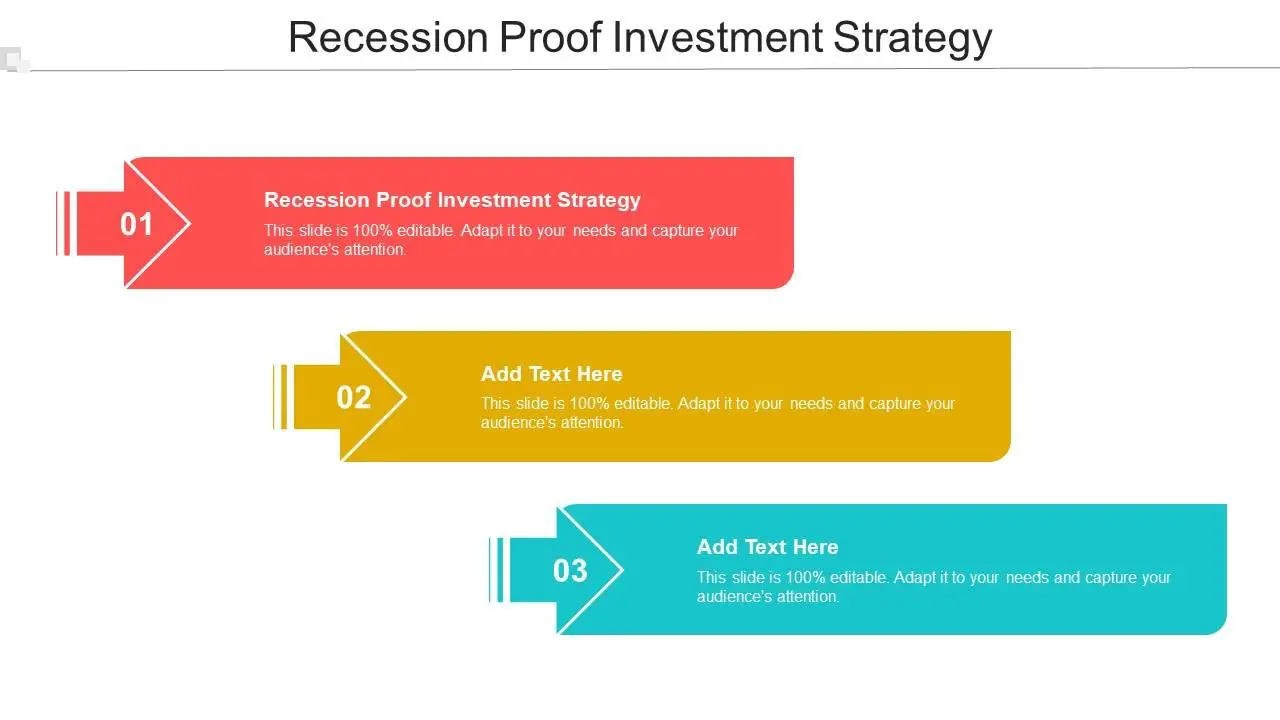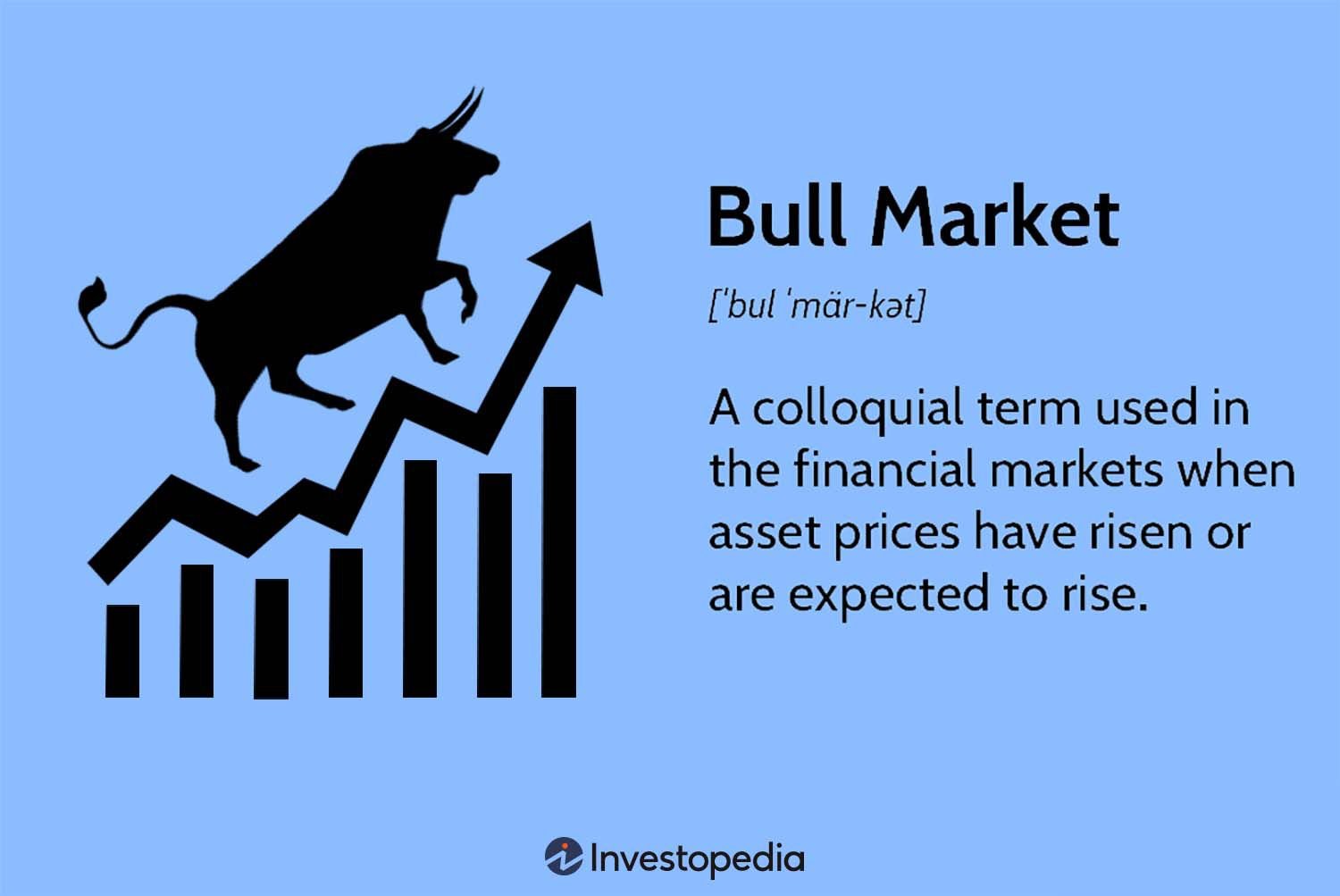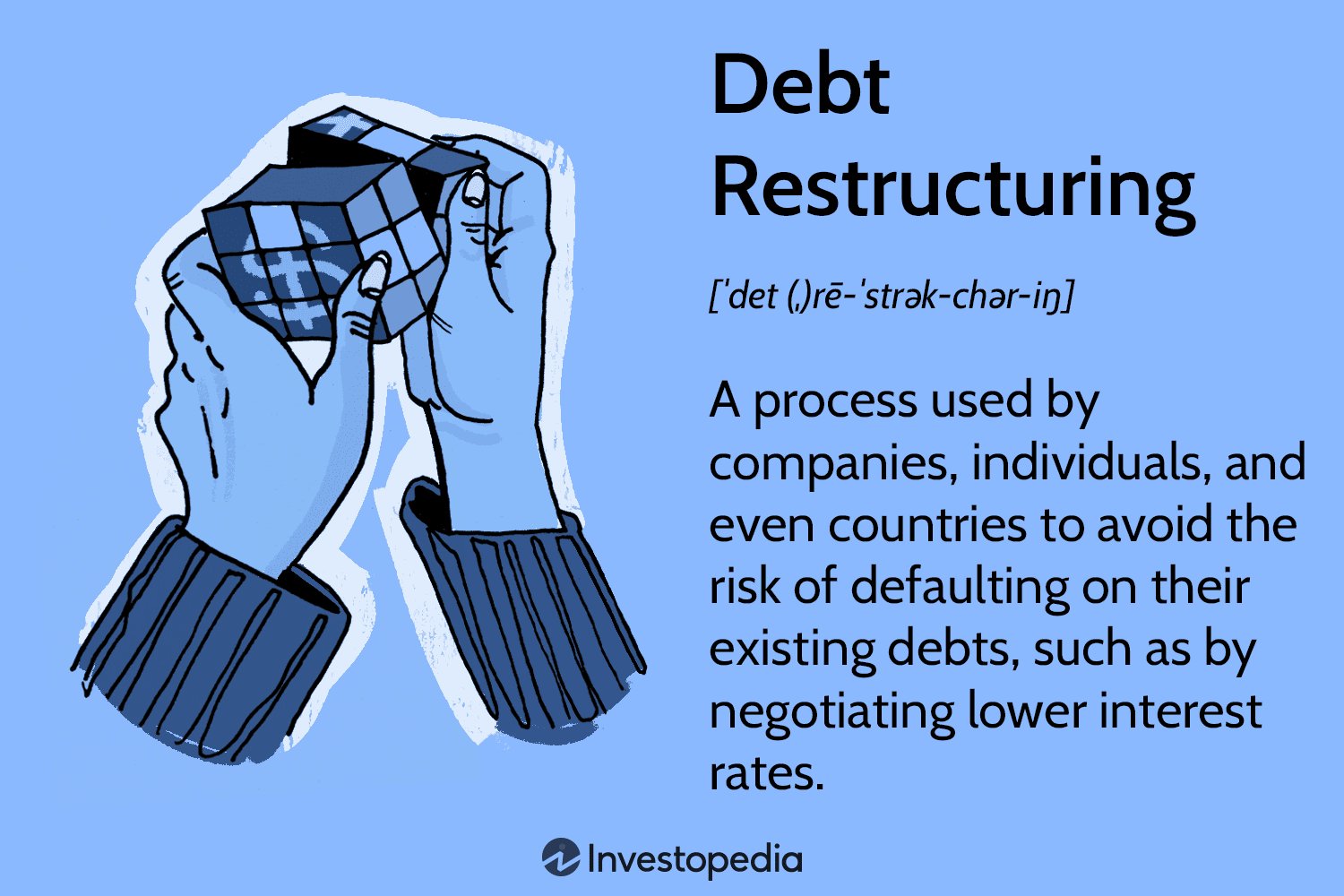In today’s uncertain economic climate, it’s crucial to have a solid investment strategy that can weather the storm of a recession. So, what exactly is a recession-proof investment strategy? Simply put, it’s a plan that helps investors navigate the ups and downs of the market, ensuring their portfolio remains resilient during economic downturns. In this article, we’ll delve into the key principles behind a recession-proof investment strategy and explore strategies that can help protect your hard-earned money. Whether you’re a seasoned investor or just starting out, understanding how to safeguard your investments in turbulent times is essential. So, let’s dive right in and explore the world of recession-proof investing.
What is a Recession-Proof Investment Strategy?
Investing can be a risky endeavor, especially during times of economic uncertainty. When a recession hits, many investors panic and face significant losses. However, by implementing a recession-proof investment strategy, you can cushion the impact of economic downturns and potentially even profit during challenging times.
A recession-proof investment strategy involves diversifying your portfolio with investments that are less susceptible to the negative effects of economic downturns. While no investment can be completely immune to a recession, some strategies have proven to be more resilient than others. In this article, we will explore various investment strategies that can help protect your wealth during a recession.
1. Focus on Defensive Sectors
During a recession, certain industries tend to fare better than others. Defensive sectors, also known as non-cyclical sectors, offer products and services that are essential regardless of the economic climate. These sectors include utilities, healthcare, consumer staples (such as food and beverages), and essential services (such as telecommunications).
Investing in companies within defensive sectors can provide stability to your portfolio during a recession. While their growth may be slower compared to other industries during boom times, they are more likely to withstand economic downturns.
2. Invest in Dividend-Paying Stocks
Dividend-paying stocks can provide a reliable income stream during a recession. When you invest in a company that pays regular dividends, you receive a portion of the profits in the form of regular cash payments. This steady stream of income can help offset any losses in the stock market.
Additionally, dividend-paying stocks tend to be more stable and less volatile than growth stocks. Companies that consistently pay dividends often have strong cash flows and stable business models, which makes them more resilient during economic downturns.
3. Consider Bonds and Fixed Income Investments
Bonds and fixed income investments are generally considered safer investments during a recession. They provide regular interest payments and return the principal amount at maturity. Government bonds, municipal bonds, and high-quality corporate bonds are typically less affected by economic downturns.
Investing in bonds can provide stability and a steady income stream, even when the stock market is experiencing significant fluctuations. However, it’s essential to assess the creditworthiness of the issuer and the prevailing interest rates before making bond investments.
4. Diversify with Real Estate
Real estate is often considered a recession-resistant investment. During a recession, rental properties and real estate investment trusts (REITs) can continue generating income, even if other industries suffer. People still need a place to live, and commercial properties continue to generate revenue through lease agreements.
By diversifying your investment portfolio with real estate, you can reduce the overall risk and increase your chances of maintaining stable returns during a recession. However, it’s crucial to carefully analyze the real estate market and choose properties with potential for long-term growth and rental income.
5. Invest in Gold and Precious Metals
During times of economic uncertainty, investors often turn to gold and other precious metals as safe-haven assets. Gold has maintained its value over centuries and has historically acted as a hedge against inflation and economic instability.
Investing in gold and precious metals can provide a level of security during a recession. When the stock market falters, the value of gold often rises. This inverse relationship makes gold an attractive investment during times of economic turbulence.
6. Maintain a Cash Reserve
Having a cash reserve is a crucial part of a recession-proof investment strategy. During a recession, market volatility and economic uncertainties can present unique opportunities for investors. By keeping a portion of your portfolio in cash, you can take advantage of these opportunities when they arise.
A cash reserve allows you to buy undervalued assets, such as stocks and real estate, when prices are low. It also provides a financial safety net in case of unexpected expenses or job loss during a recession.
7. Stay Informed and Seek Professional Advice
To navigate the complexities of investing during a recession, it’s essential to stay informed and seek professional advice. Keep a close eye on economic indicators and market trends that can signal an impending recession. Understanding the broader economic landscape can help you make informed investment decisions.
Consulting with a financial advisor or investment professional can provide expert guidance tailored to your financial goals and risk tolerance. They can help you develop a recession-proof investment strategy and make adjustments as needed.
A recession-proof investment strategy aims to protect your wealth and minimize losses during economic downturns. By diversifying your portfolio, focusing on defensive sectors, investing in dividend-paying stocks, bonds, real estate, and precious metals, maintaining a cash reserve, and seeking professional advice, you can navigate recessions with a higher level of confidence.
It’s important to remember that no investment strategy can guarantee success during a recession. However, by implementing these strategies, you can position yourself to weather the storm and potentially even benefit from opportunities that arise amidst economic uncertainties.
Remember to conduct thorough research, assess your risk tolerance, and consult with professionals before making any investment decisions. With careful planning and a well-executed strategy, you can increase your chances of achieving financial stability and success, regardless of the economic climate.
How To Use The 2023 Recession To Get Rich
Frequently Asked Questions
Frequently Asked Questions (FAQs)
What is a recession-proof investment strategy?
A recession-proof investment strategy refers to an approach that aims to minimize the negative impact of an economic downturn on investments. It focuses on identifying and investing in industries or assets that are less affected by economic recessions and are more likely to withstand market volatility.
How can I protect my investments during a recession?
To protect investments during a recession, consider diversifying your portfolio across different asset classes, such as stocks, bonds, real estate, and commodities. Additionally, investing in stable industries like healthcare, consumer staples, and utilities can provide some degree of protection against market fluctuations.
Are there any specific investment sectors that tend to be recession-proof?
While no sector is entirely immune to recessions, some industries have historically shown resilience during economic downturns. These include healthcare, utilities, consumer staples, and essential services like telecommunications and waste management.
Should I focus on short-term or long-term investments for a recession-proof strategy?
A recession-proof investment strategy typically involves a combination of short-term and long-term investments. Short-term investments can provide liquidity and flexibility during uncertain times, while long-term investments offer the potential for growth and higher returns over time.
Is it advisable to invest in government bonds during a recession?
Investing in government bonds can be a relatively safer option during a recession. These bonds are backed by the government and generally considered less risky. However, it’s crucial to consider the prevailing interest rates and inflationary trends to ensure that the bond returns outweigh the impact of inflation.
How important is it to stay informed about the overall market conditions for a recession-proof strategy?
Staying informed about the overall market conditions is essential for a recession-proof investment strategy. Monitoring economic indicators, market trends, and geopolitical events can help you make informed decisions, adjust your portfolio, and identify potential opportunities to protect your investments during a recession.
Are there any alternative investment options that can be recession-proof?
Alternative investments such as real estate investment trusts (REITs), infrastructure funds, and precious metals like gold are often considered as potential recession-proof options. These investments can provide diversification and stability to a portfolio, potentially offsetting any losses incurred during a recession.
Should I consider holding cash as part of a recession-proof strategy?
Holding cash as part of a recession-proof strategy can be beneficial. Cash offers liquidity and the flexibility to take advantage of potential investment opportunities that may arise during a recession. However, it’s essential to strike a balance between cash holdings and other investment options to ensure long-term growth and wealth preservation.
Final Thoughts
A recession-proof investment strategy is one that can withstand economic downturns and generate stable returns. It involves diversifying investments across different asset classes, such as stocks, bonds, and real estate. By spreading risk, investors can mitigate the impact of a recession on their portfolio. Additionally, investing in industries that are essential and resilient, even during an economic downturn, can provide stability. Bonds and cash reserves can act as a safety net, providing liquidity and stability during turbulent times. Overall, a recession-proof investment strategy combines diversification, resilience, and a focus on long-term growth, ensuring that investors can weather the storm and emerge stronger.



